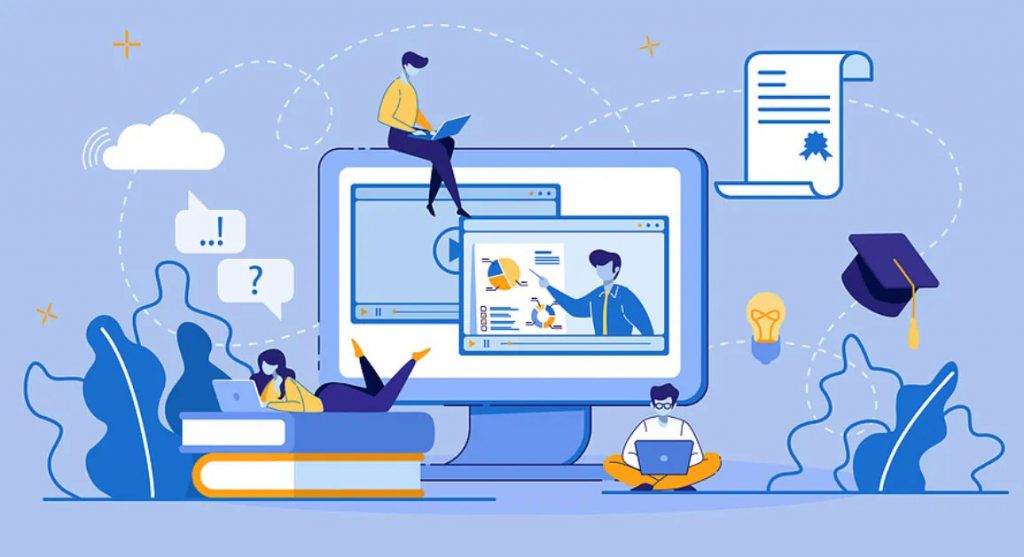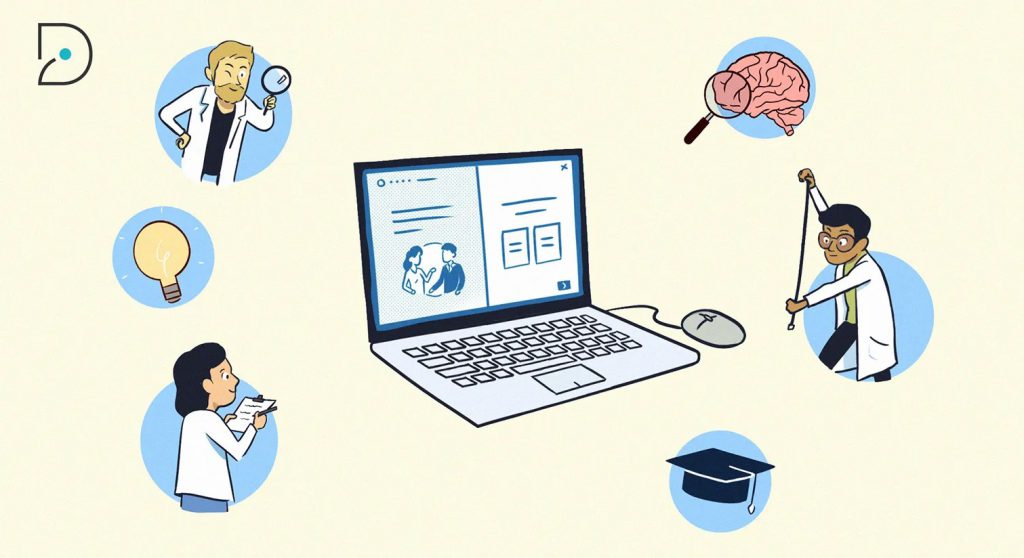The Psychology Behind What Keeps Learners Engaged

Most digital learning fails not because of poor content, but because of a lack of motivation. When learners aren’t emotionally invested, even the best-designed course becomes background noise. To create real impact, we need to understand why people choose to learn and what keeps them coming back.
1. The Three Pillars of Motivation (According to Psychology)

Modern learning design draws heavily from Self-Determination Theory, which highlights three key motivators:
- Autonomy: The freedom to choose how and when to learn. Giving learners flexibility over their learning journey builds ownership.
- Mastery: The desire to improve and feel competent. Showing progress through badges, milestones, or feedback sparks a sense of growth.
- Purpose: The belief that learning connects to something meaningful, such as their job, their goals, or their values. Purpose turns “have to” into “want to.”
At SKILD Solutions, we design e-learning experiences that build on these motivators, ensuring every module feels like a personal journey, not an obligation.
2. The Power of Emotional Design

Motivation is emotional before it’s rational. Small design choices like relatable storytelling, human voiceovers, friendly microcopy, or visuals that reflect real-world scenarios make learners feel seen.
When learning connects emotionally, engagement naturally follows.
3. Turning Passive Learners into Active Participants

Gamified progress systems, social learning spaces, and scenario-based activities activate the intrinsic drive to explore and succeed.
Interactive learning doesn’t just deliver knowledge; it creates experiences that feel rewarding and memorable.
4. Measuring Motivation Beyond Completion Rates

Completion doesn’t equal engagement. True motivation can be seen in:
- Re-engagement rates (learners coming back without prompts)
- Voluntary participation in optional modules
- Post-training performance improvements
By combining analytics with behavioral design, SKILD helps organizations uncover what truly fuels learning persistence and curiosity.
Key Takeaway
Motivation isn’t something you add to a course; it’s something you design for. When learners feel autonomy, mastery, and purpose, they don’t just learn, they transform.
At SKILD Solutions, we blend psychology, design, and technology to create learning that motivates, engages, and drives real behavior change.
Ready to design learning that inspires?
Let’s talk about transforming your next training program.












